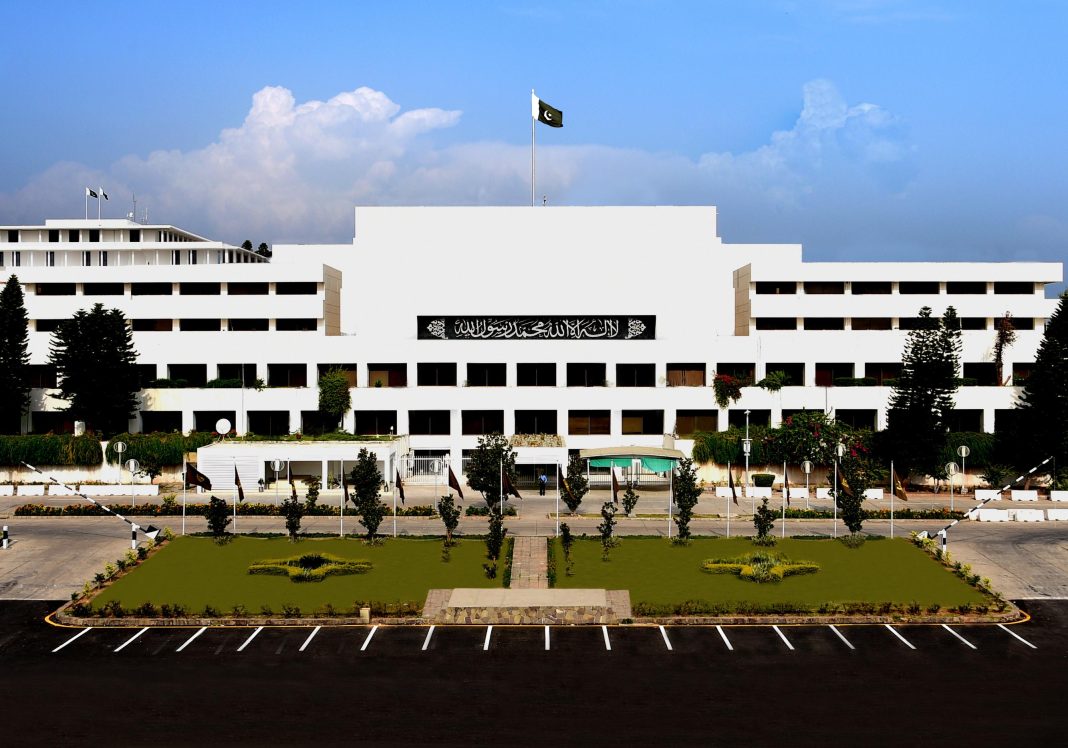By Asim Hussain
ISLAMABAD: The Senate Standing Committee on Petroleum on Tuesday held detailed discussions regarding the cessation of gas supply to captive power plants, a move outlined under the current government policy.
The meeting was chaired by Senator Umer Farooq. Senator Mohsin Aziz highlighted that industries have invested in power plants with 50% efficiency to meet their energy requirements.
The Director General of Gas reported to the committee that 1,180 captive power plants were operational across the country, consuming 358 million cubic meters per day (mmcmd) of gas.
These plants were established under the 2005 government policy, with 797 located in Sindh.
It was pointed out that a proposal from the Petroleum Division suggested transferring these plants to the national grid.
However, the Petroleum Division has not advocated for shutting down these plants; instead, the Power Division recommended that these plants be closed.
The Power Division argued that transitioning the industrial sector to grid power would eliminate capacity charges on the electricity grid. Currently, no subsidies are provided for gas supply to captive power plants. Senator Mohsin Aziz expressed concerns that the caretaker government lacked the authority to take decisions on this matter, while Senator Abdul Qadir criticized the caretaker administration for increasing gas prices three times.
Federal Minister for Petroleum Musadik Malik addressed the committee, noting structural issues in the sector.
He pointed out that some industries in Sindh benefited from lower electricity costs compared to others, which he said was detrimental to the industry as a whole.
The committee resolved to address the matter further in an in-camera session and requested a briefing from the Minister of Petroleum on the Iran-Pakistan gas pipeline.
The committee also received an update on the performance of government-held private company, HPL. CEO Masood Nabi said that the company aimed to boost local oil and gas production and has invested in Ricodic, holding a 25% government stake.
He added that GHPL has imported 300 LNG cargoes, with four arriving at the terminal and two being from the private sector; ten cargoes are received monthly.
The Minister reported a 1.7% annual gas availability shortage and highlighted that domestic gas production stood at 3 billion cubic feet.
He noted that 1,600 million cubic feet per day (MMcfd) of gas was supplied to domestic consumers and emphasized ongoing efforts to expedite oil and gas exploration.
He mentioned that there was an ample supply of LNG and outlined the challenges in securing investor guarantees from the government for bank loans.
The government was seeking $20 billion in investment from friendly countries and was committed to competitive investment practices, he added.
The Minister urged stakeholders to identify and correct the issues.
Senator Rana Mehmood-ul-Hassan inquired about progress on the boards of government companies and the absence of a future CEO for OGDCL.
The Petroleum Minister responded that OGDCL’s CEO appointment was the Board’s responsibility and noted that OGDCL was now part of the Pakistan Sovereign Wealth Fund. The Finance Ministry was responsible for the appointments following the approval of relevant laws, he added.
Senator Mohsin Aziz commented on the difficulty of attracting qualified professionals to state-owned company boards.
OGDCL Managing Director Ahmed Hayat Lak reported on efforts to increase production. He mentioned that OGDCL had ceased operations with major company Shalam Berger and has 50 fields and 18 processing plants.
He highlighted the company’s 85 tight gas wells and global interest in collaboration, noting that while OGDCL’s gas production has improved, integration into the system was challenged by LNG imports. Success has been achieved in
shale well projects with Chinese cooperation, he added.





